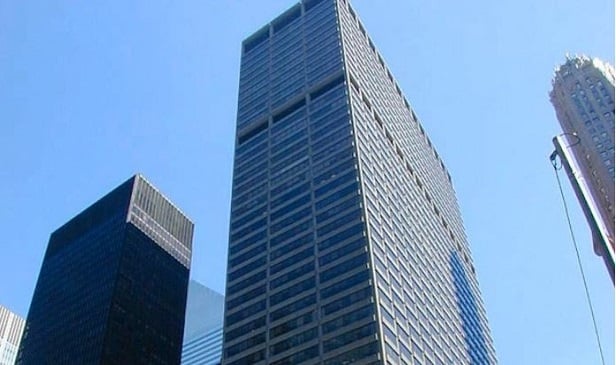US-based developers, who have ventured into China and provinces like Chengdu, have been noticeably quiet about the state of their properties while they concentrate on providing financial aid and teams to the devastated areas. The May 12 quake, registering 7.9 on the Richter scale, has claimed 62,000 lives with 30,000 still missing and more than five million people left homeless.
To a large degree, the thousands of buildings and residences that crumbled were older structures and not newer ones being built to international building codes, according to Mark Karlan, president of Strategic Partners Asia for Los Angeles-based CB Richard Ellis Investors. In Dujiangyan for example, news reports say many residential buildings are cracked and now empty, but they didn't topple.
"It's way too early to say if there will be any meaningful impact from an investors' standpoint," Karlan tells GlobeSt.com. "There will be a negligible economic impact on the nation as a whole, but there will be a massive impact on the region and massive impact on the people."
A spokeswoman for Denver-based ProLogis reports its Chengdu properties escaped unscathed based on an assessment by its on-the-ground team. Tishman Speyer of New York City didn't respond by deadline about its properties, but there also hasn't been any public report of damage to its assets in Chengdu. "The kind of investments we at 'Investors' buy would have survived," Karlan stresses. CBRE has 1,000 employees in brokerage and investment in China in 14 offices, including Chengdu.
Karlan points out that China's Tier II and III cities in the center of the country haven't yet developed economically because they aren't close to seaports or international airports so he expects the impact on the country as a whole will be minimal. He estimates 90% of China's economic activity is concentrated along its eastern seaboard while Chengdu and other earthquake-zone provinces account for just 2.5% of the nation's GDP.
"The foreign investment impact as a result of the earthquake in Chengdu is relatively small," Karlan says. "This region represented a small portion of foreign investment and was likely to continue that way for several years."
The Chinese government's immediate response and openness, though, has shown a new side to Westerners. Karlan says many Western investors have long held a bias toward China, stereotyping it as cold and closed. "At Investors, we looked through that and understood the Western bias isn't always the right one," he says.
As media worldwide have noticed, protests over the upcoming Olympics, intended to showcase China to the world, have silenced since the earthquake. The change in perception resulting from the earthquake is "a small, small positive," Karlan says. "The openness of the response and the commitment of all elements of China's government are apparent. China is no longer seen as cold."
Want to continue reading?
Become a Free ALM Digital Reader.
Once you are an ALM Digital Member, you’ll receive:
- Breaking commercial real estate news and analysis, on-site and via our newsletters and custom alerts
- Educational webcasts, white papers, and ebooks from industry thought leaders
- Critical coverage of the property casualty insurance and financial advisory markets on our other ALM sites, PropertyCasualty360 and ThinkAdvisor
Already have an account? Sign In Now
*May exclude premium content© 2024 ALM Global, LLC, All Rights Reserved. Request academic re-use from www.copyright.com. All other uses, submit a request to [email protected]. For more information visit Asset & Logo Licensing.








